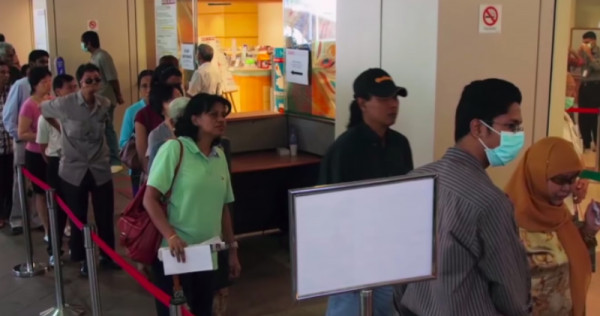[ad_1]
When the severe acute respiratory syndrome (Sars) hit Singapore in 2003, health care professionals were caught off guard and left scrambling to deal with the epidemic.
A shift in priorities in the city state’s health care system over the past two decades could explain why health professionals were unprepared for the outbreak and the sweeping impact it had, said health economist Phua Kai Hong.
“In our public health schools, we saw a trend of a decline in infectious diseases. Most of our doctors and training then shifted towards chronic diseases and ageing,” said Phua, who was an associate professor of public health administration at the National University of Singapore during the Sars outbreak.
“But new infectious diseases came back with a vengeance and Sars was a good example.”
More than 230 people in Singapore were infected with Sars, which killed 33 patients over three months. Since then, the country has upped its game and taken a more proactive approach when infectious diseases emerge, Phua said.
[ad_2]
Source link






